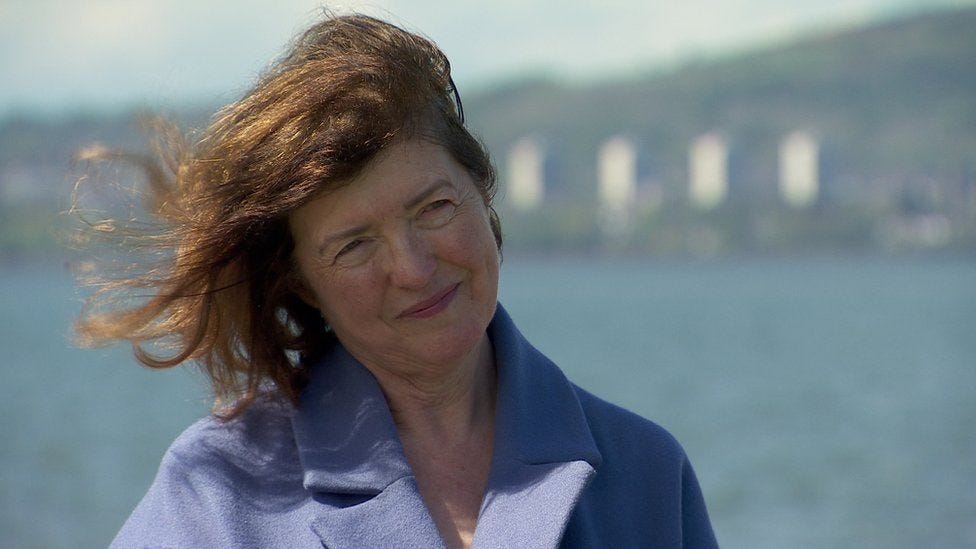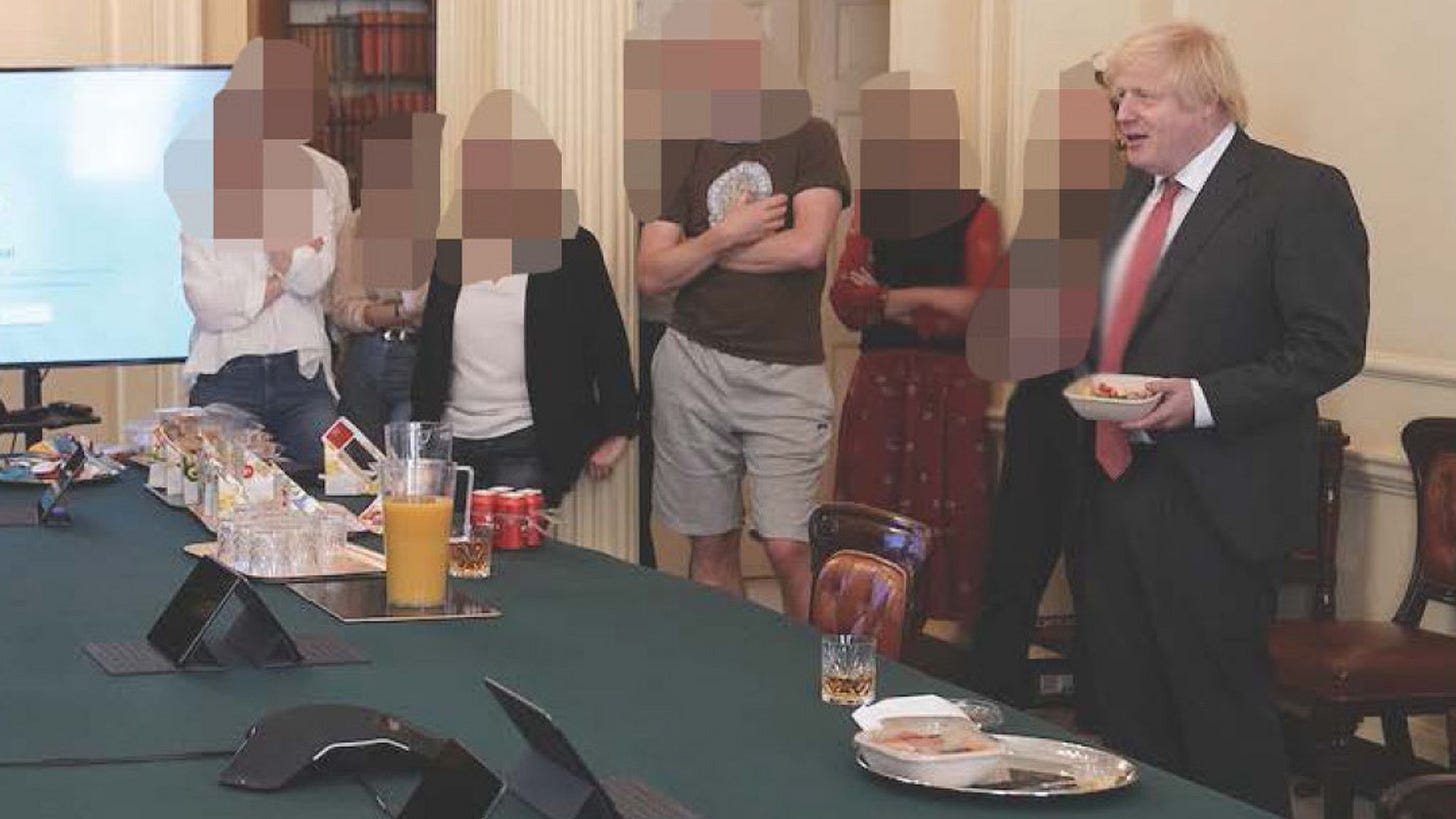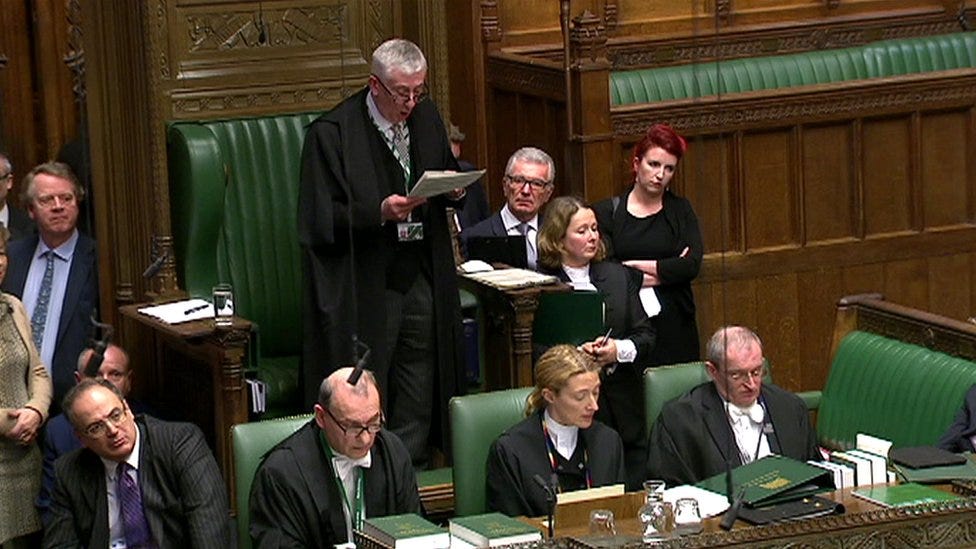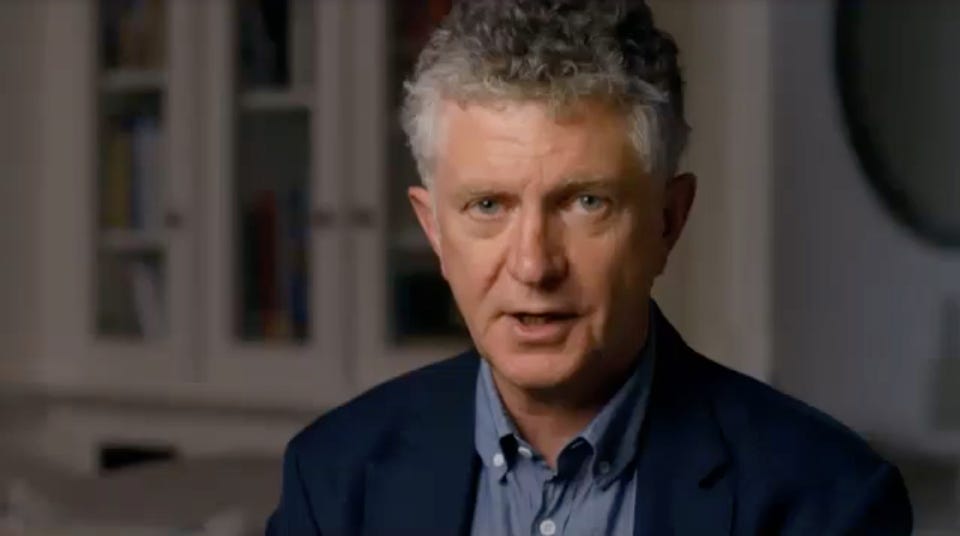A Gray area: the afterlife of civil servants
Sue Gray's appointment has chief of staff to the leader of the Opposition has raised questions of propriety, confidentiality and partisan bias: confusion ensues
Sue Gray was long a legendary figure in the civil service, a woman about whom there was a haze of mystery. After all, how many other senior Whitehall officials have taken career breaks to run pubs in the borderlands of Northern Ireland, or married a country singer? She doesn’t come from a stereotypical mandarin background, nor has her career taken a stereotypical trajectory. Yet, from 2012, she worked in the Cabinet Office, the brain of Whitehall, handling extremely sensitive issues like ethics, the constitution and the status of the Union. From May 2018 to May 2021, she was seconded to the Northern Ireland Civil Service as permanent secretary at the Department of Finance and was a candidate to head the administration at Stormont when Sir David Sterling retired. Mysteriously, the post was left vacant for some months, before an interim candidate, Jenny Pyper, was appointed, and a substantive appointment, Jayne Brady, was not made until the summer of 2021.
Gray became a public name when the prime minister, Boris Johnson, announced an internal investigation into the alleged breaches of lockdown regulations during the Covid-19 pandemic which became knows as “Partygate”. Initially the inquiry was to be undertaken by the cabinet secretary, Simon Case, but he quickly recused himself when it transpired that one of the gatherings in question had taken place in his office. The task was therefore handed over to Gray, as second permanent secretary in the Cabinet Office. Her suitability was (it was thought) underscored by the fact that she had been director general for propriety and ethics from 2012 to 2018.
The “Sue Gray Report”, as it became known, was published in interim form in January 2022, full publication being delayed until May pending the conclusion of an investigation by the Metropolitan Police. It reported sordid details of wine stains and pools of vomit after parties which had lasted until 4.00 am, and was sharply critical of the culture within the Cabinet Office and Downing Street. Many of the events “should not have been allowed to happen”, Gray concluded, and concerns about the compatibility with lockdown regulations had been dismissed. She was adamant that senior leadership—essentially the prime minister and the cabinet secretary—were responsible for this culture, and Johnson accepted that responsibility without in fact feeling he should suffer any consequences for it.
Gray had not enjoyed the limelight which had come with her high-profile task. Very few senior civil servants are comfortable with public exposure, and she felt that her reputation for integrity had been used as a shield by politicians, and that she had been briefed against by political staff to minimise her potential impact on the prime minister. She had been appointed second permanent secretary for Levelling-up, Housing and Communities, with special responsibility for the Union, in 2021, and looked forward to returning to that post, under the energetic and engaging Michael Gove. It was potentially intellectually stretching and politically nuanced, a significant challenge for a senior official, and she said she was “excited” by the task, where she would be “a very powerful voice for Northern Ireland, Scotland, Wales and England”. She was also in charge of electoral integrity, a surprisingly controversial subject because of the government’s intention to require voters to present identification at polling stations.
In February this year, there was a series of machinery of government changes to create new and recast departments, and it brought with it a shuffle of the top mandarins. Jeremy Pocklington, Gray’s boss, left DLUHC to take over the new Department for Energy Security and Net Zero, and he was replaced by Sarah Healey from DCMS, younger than Gray but senior to her as an existing permanent secretary. Another reshaped ministry was the Department for Business and Trade, where Kemi Badenoch was made secretary of state. She had worked with Gray before and wanted her as permanent secretary in the new department, encouraged to be proactive by her ally Michael Gove. However, the rumour mill suggests that the cabinet secretary vetoed this move, perhaps because Case and Gray had fallen out years before when they had worked together in the Cabinet Office—“He always disliked her”, said one source—or, it has also been suggested, because Case, a Cambridge graduate who spent two years in the Royal Household, held a snobbish disapproval of Gray. Whatever the source of the conflict, the effect was to make Gray think—probably correctly—that she would never be given a permanent secretary post, and she was left disappointed and angry.
On 2 March, a bombshell dropped: Gray would leave her job in the civil service and had been recruited by Sir Keir Starmer, the leader of the opposition, to be his chief of staff. This genuinely caused shock at Westminster: not only was Gray a civil servant, leaving to perform a much more party political role, but she had contributed to the downfall of Boris Johnson as the author of the “Partygate” report which had seriously damaged his standing in his party and in Parliament. For those who still clung to Johnson as the lost leader, this was a perfect excuse to press home the narrative of betrayal, that Johnson had been stabbed in the back and deposed for illegitimate reasons. Jacob Rees-Mogg, the former cabinet minister, now dismissed her report as a “a left-wing stitch-up”. Meanwhile ex-culture secretary Nadine Dorries, the most slavishly loyal of Johnson’s remaining devotees, tweeted more in sorrow than in anger.
Sue Gray move to Starmers office not surprising. Whilst writing report, she used QC who tweeted out pro Labour anti gov tweets whilst Alistair Campbell heaped praise upon her. Her comms assistant briefed against Johnson from day 1. The Gray report was a stitch up of PM and CSs.
It was a gift to those who could not bear to believe that Johnson had soiled the bed of public professionalism and propriety, lied like he was drawing breath and showed a willingness to do anything to preserve his own position.
Yesterday, the expectation was that the government would publish a report on the propriety of Gray’s appointment as Starmer’s chief of staff, and would answer several questions: when had she been approached? How long would she have to wait before taking up the post? Would the Advisory Council on Business Appointments (ACOBA) approve her new role? Were the procedures in place for civil servants taking up new jobs after leaving sufficiently robust and transparent? And then, suddenly, there was no report. A written ministerial statement from the new deputy prime minister, Oliver Dowden, explained that Gray had chosen not to engage with the investigative process and that therefore nothing more could be said until the next steps were considered. He went on to quote the core values of the Civil Service Code and the importance of impartiality among civil servants.
The furious debate over Gray’s appointment has thrown up a lot of questions, many of which are important and will need to be answered. But, in order to analyse the issue properly, two different ideas which have been conflated must be disaggregated. The first clutch of questions, which only the Cabinet Office can authoritatively answer in the fullness of time, consists of regulatory and procedural queries: at what point Starmer talked to Gray about becoming his chief of staff, who initiated the contact, what the timescale was and when she should be able to assume the role while observing a kind of purdah to insulate herself from her civil service position. These questions are important in the specific case of Gray, but are not of seismic important more widely.
The broader matter is more profound: how do senior civil servants observe and demonstrate political impartiality? How do we maintain boundaries between what they may know and learn in their Whitehall jobs and an improper disclosure of this knowledge in positions outside the civil service? In short, can very senior civil servants ever take up full-time political functions, or does it simply taint their previous achievements?
I can speak a little to this subject from personal experience. When I was a clerk in the House of Commons, it was essential—indeed, it was probably the single most important aspect of the work—that we were strictly neutral and impartial, that we served all Members equally and could be trusted with confidences by all sides, and, more widely, that we were perceived to be entirely without partisan bias. This is in some ways easier than one might think: once you acquire the habit of maintaining neutrality, any personal bias you may have is easy to suppress, and it becomes second nature to deal with all Members on the same basis, distinguishing them by a million other criteria like intelligence, seniority and pleasantness rather than their ideological adherences. But it is an act of will, and it comes with some restrictions: we were not allowed to join political parties, let alone undertake any party political activities, and any public demonstration of opinion, whether joining a protest march or simply “like” a post on social media, had to be thought through carefully for potential impact. Often discretion was the better part of valour.
But it is perfectly feasible. I am a Conservative, but I’m pretty confident I never short-changed a Labour Member nor showed any kind of favour to a Conservative. I never worked harder for one side than the other, and I am not aware that any Members ever felt I was politically biased or that I had failed to serve them to the best of my abilities for partisan reasons. You very quickly develop a “work” mindset, a set of limits within which you work automatically, and you learn that being able to keep a secret is extremely important: I would not have dreamed telling one Member anything that another had told me in confidence.
None of this meant that I and my colleagues did not have political opinions. Perhaps some were so detached that they simply took not philosophical view, but inevitably one has beliefs and approaches to the world. One does not allow them to dominate.
This, I think, is the nub of the problem many have encountered over Sue Gray. Some politicians, perhaps because they are so used to acting in a partisan way, and making their slightest opinion somewhat politically charged, find it hard to believe that senior civil servants can maintain this kind of dualism or detachment. After all, MPs are required to be hyper-committed to every view going, as it is unfashionable to express doubt, scepticism or even half-heartedness. So they struggle with an easy ability to separate private views with professional conduct.
It would seem unfair and wasteful if we were to say that former civil servants could never take on party political roles. And we accept that it may happen: Jonathan Powell, Sir Tony Blair’s invaluable chief of staff in opposition and then throughout his premiership, was recruited from the Diplomatic Service; Victoria Prentis, the current attorney general, was a team leader in the Government Legal Department before she was selected as a Conservative parliamentary candidate; while Lord Kerslake, former head of the civil service, has advised the Labour Party on a number of issues to the point of being criticised for his party political activity by the former lord speaker, Baroness D’Souza. If there is a difference with the Sue Gray case, it is one of degree, not of type.
Moreover, we already require (and trust) officials to construct these Chinese walls in their professional minds. When governments change, it is an absolute rule that official advice given the previous ministers is not disclosed to incoming ministers of another party. We expect, in a way, that civil servants will “un-know” things, and we take as read that they adhere to these strictures. Yet some MPs cannot believe that Sue Gray will not disclose her confidential insight into and knowledge of Whitehall and the current government to her new employers when (if!) she takes up the post as Starmer’s chief of staff.
I understand the shock of Gray’s move. I understand that there will be personal emotions and relationships tied up in the notion of her appointment, because it is unusual. And any colleague could be forgiven for mentally scrolling through conversations with Gray, scanning their content for things they would rather not have broadcast more widely. But in the end, we must all trust senior civil servants to abide by the Civil Service Code and traditions of impartiality and discretion: these rules exist to police the kinds of relationships we’re talking about, but they are a waste of time if we start from the premise that officials are untrustworthy.
There is an onus on Sue Gray herself to prove that the systems work. If she has not breached any procedural guidelines—and that remains to be seen—then she must conduct herself with impeccable propriety and discretion. But she has more than a decade in the highest ranks of the civil service behind her, and she has proven that she can keep secrets. We have no prima facie reason to think either that Gray was a Labour sleeper agent, or that she will disclose everything she knows to Starmer and her new colleagues.
Cynicism is easy, and, like junk food, superficially satisfying, as it gives us a sense of insider knowledge, of greater realism. And it does seem recently that cynicism is often justified, as figures in the public eye match our lowest expectations time and time again. But it is a downward spiral and a self-consuming one. Let’s see if Gray has abided by the rules, and, if she has, trust her to observe the conventions and decencies of public service in making an unusual switch of jobs. And if the Labour Party wins the next election, and if Gray is the new prime minister’s chief of staff, and if she makes the Downing Street machine run a little more smoothly and helps government function, then, no matter who is in power, we should all be grateful to her for that public service.







